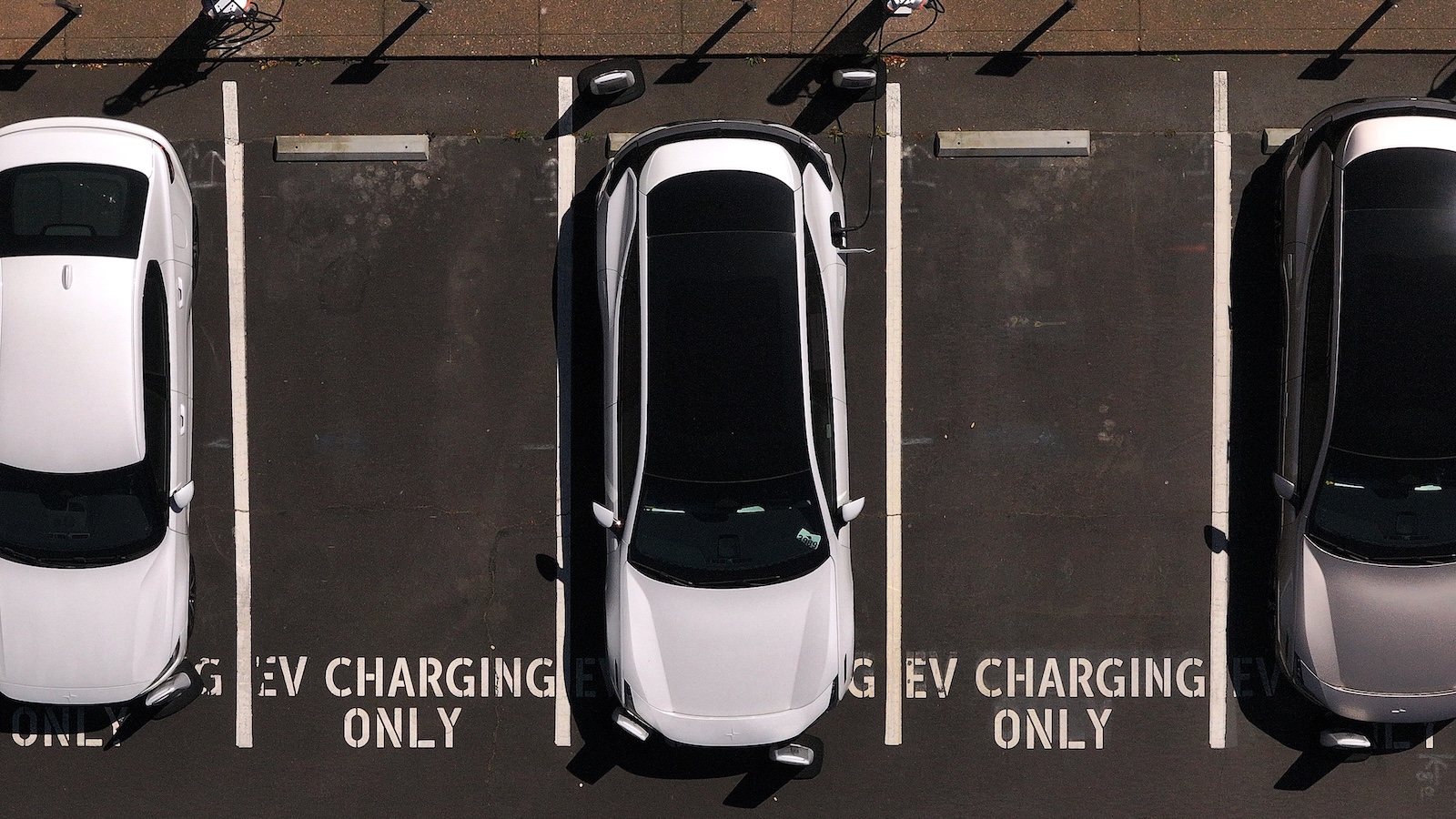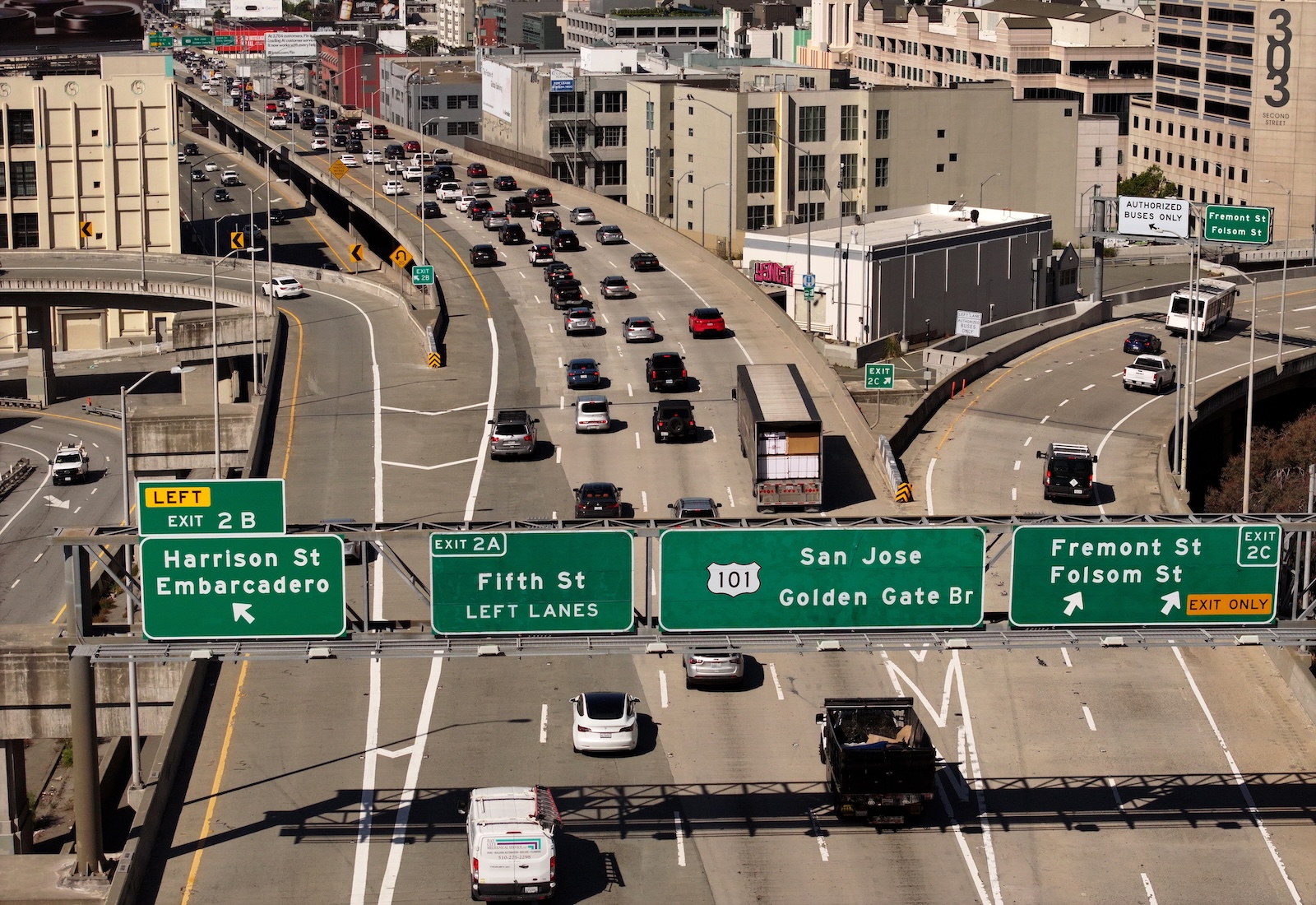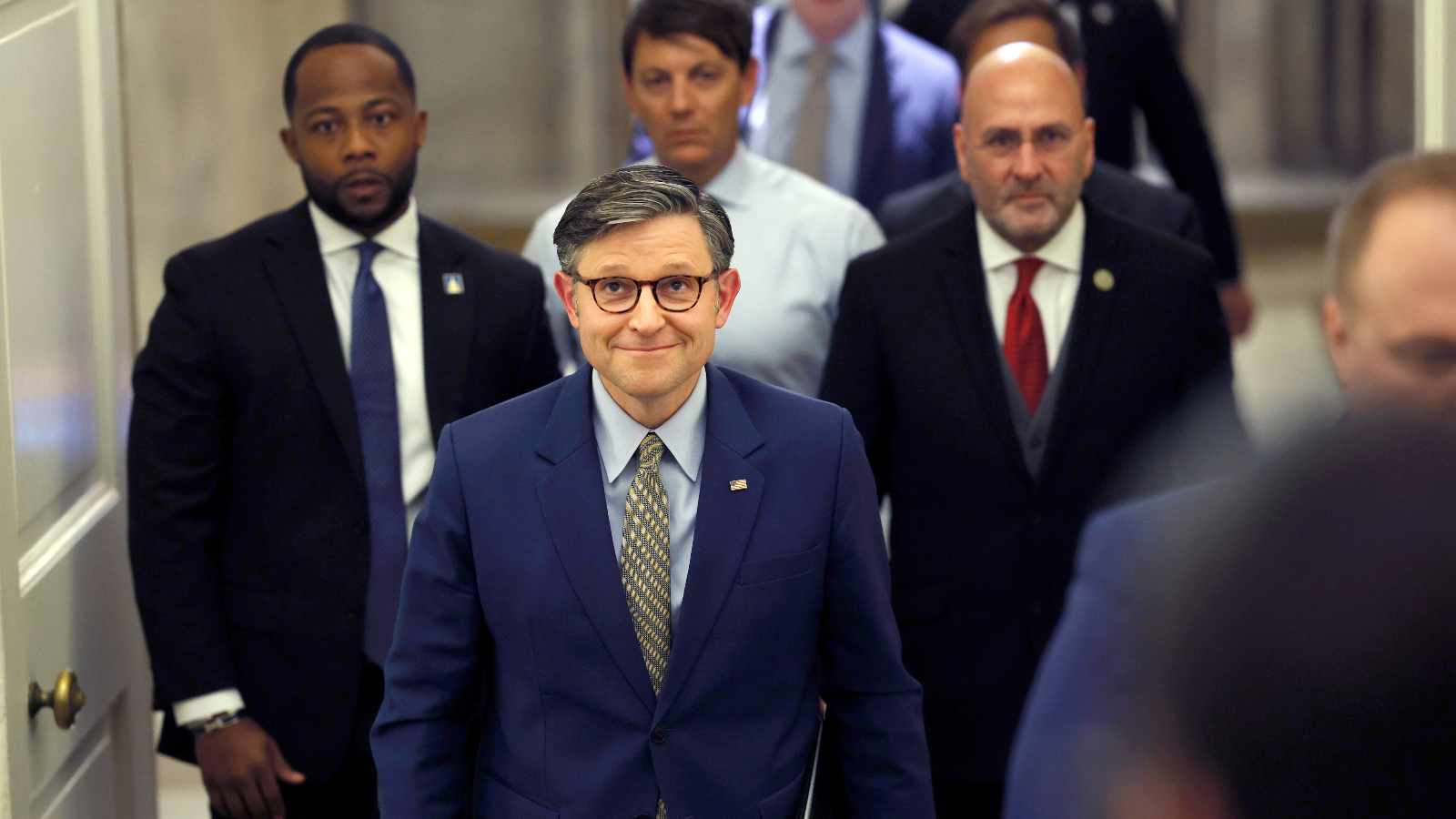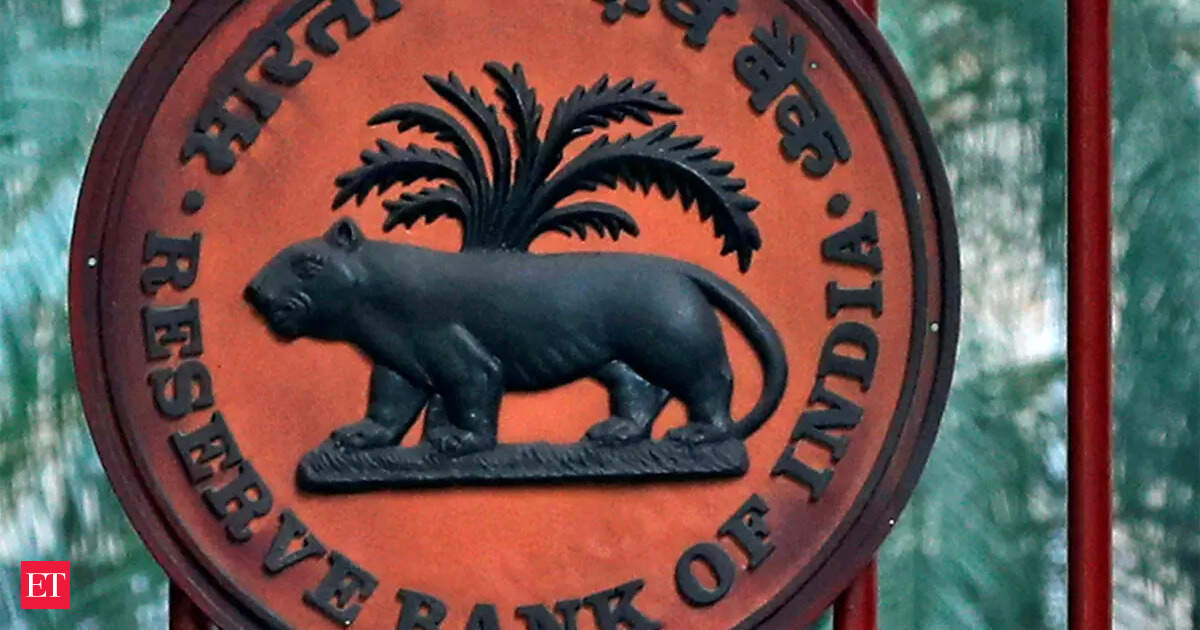Now Reading: The Senate just voted to block California’s gas car ban
-
01
The Senate just voted to block California’s gas car ban
The Senate just voted to block California’s gas car ban

For nearly 60 years, California has enjoyed the ability to set its own standards governing air pollution from automobiles, as long as they’re more stringent than the federal government’s. This rule, written into the Clean Air Act, was meant to recognize the state’s longstanding leadership in regulating air emissions.
The U.S. Senate undermined that authority on Thursday when it voted 51 to 44 to revoke a waiver the Environmental Protection Agency approved allowing the Golden State to implement and enforce a de facto ban on the sale of gasoline-powered cars by 2035. The Senate also rescinded waivers allowing California to set stricter emissions standards for new diesel trucks, and mandating the adoption of zero-emission trucks.
Environmental groups quickly decried the votes, saying that California’s standards are essential to protecting public health and achieving nationwide emissions reduction targets. The rules are seen as a sort of national benchmark since automakers don’t create separate product lines: one for California and another for everyone else. A provision in the Clean Air Act also allows other states to adopt the Golden State’s standards; 16 states and the District of Columbia have adopted many of the rules established by the California Air Resources Board.
“These standards are vital in protecting people from the vehicle pollution which causes asthma attacks and other serious health problems,” said Dan Lashof, a senior fellow at the nonprofit World Resources Institute, in a statement.
On a wonkier level, however, legal and policy experts objected to the way Senators rescinded California’s waiver: They used the 1996 Congressional Review Act, or CRA, a law enacted to allow Congress to overturn some federal actions with a simple majority, rather than the usual 60 votes. Two government watchdogs said the act did not apply to the state’s waiver.
“Republicans twisted the Senate’s own rules,” Joanna Slaney, vice president for political and government affairs at the nonprofit Environmental Defense Fund, said in a statement. UCLA Law professor Ann Carlson warned in a blog post ahead of the vote that Congress “may be opening up a Pandora’s box it can’t close,” and that “there will be no limit on using the CRA to overturn all kinds of actions that the act doesn’t cover.”
At the heart of the controversy is whether the air pollution waiver that the EPA granted to California last year qualifies as a “rule” under the CRA. Both the Government Accountability Office, a nonpartisan oversight agency, and the Senate parliamentarian, a nonpartisan appointee tasked with interpreting Congressional rules and procedures, issued advisory opinions earlier this year saying that it doesn’t. Republican Senator MIke Lee of Utah appeared to agree with this interpretation: A one-pager on a bill he proposed to repeal California’s waiver said that the exemptions “cannot be reviewed under the Congressional Review Act because the waiver granted by EPA is not a rule as that term is defined in the CRA.”

Justin Sullivan / Getty Images
Party leaders don’t usually contravene the parliamentarian’s guidance. If they do, they run the risk of their opponents doing the same when they are in power. “Republicans should tread carefully today,” Senate Minority Leader Chuck Schumer, a Democrat from New York, told NPR on Thursday. California Senator Alex Padilla said in a statement that “radical Republicans” had “gone nuclear on the Senate rulebook.”
“It won’t be long before Democrats are back in the driver’s seat again,” Padilla added. “When that happens, all bets will be off. Every agency action that Democrats don’t like — whether it’s a rule or not — will be fair game, from mining permits and fossil fuel projects to foreign affairs and tax policies.”
Dan Farber, a professor at the University of California, Berkeley, School of Law, told Grist that the Senate’s capricious interpretation of the CRA means it could be used to rescind waivers from the Department of Health and Human Services allowing states to modify Medicaid requirements, or broadcasting licenses issued by the Federal Communications Commission. The act could also be used to revoke pollution permits that the EPA grants to states.
He clarified, however, that the Senate only nullified specific waivers in California affecting the sale of gasoline-powered cars. It did not repeal provisions in the Clean Air Act that allow the EPA to issue new waivers, as long as they’re not “substantially the same” as the rescinded ones. “I think that California still has the power to put forward, and EPA has the power to approve, different emissions regulations in the future,” Farber said. “Changing the deadlines by a few years could be enough.”
California’s current standards require 35 percent of new cars sold within the state to be zero-emissions by 2026, ratcheting up to 100 percent of new sales by 2035. President Donald Trump revoked California’s waiver allowing such regulations in 2019, during his first term, but that move was challenged in court and the waiver was restored by the Biden administration.
Although automakers have previously backed California’s air pollution standards, industry groups cheered the vote on Thursday. John Bozzella, president and CEO of the Alliance for Automotive Innovation, a trade group, said in a statement that the Senate deserved “enormous credit.”
“The fact is these EV sales mandates were never achievable,” he said. “Automakers warned federal and state policymakers that reaching these EV sales targets would take a miracle, especially in the coming years when the mandates get exponentially tougher.”
California Attorney General Rob Bonta objected to the Senate vote and vowed to challenge it in court. “Reducing emissions is essential to the prosperity, health, and well-being of California and its families,” he said in a statement. Governor Gavin Newsom said undoing his state’s air pollution rules risked “ced[ing] American car-industry dominance to China.”






















